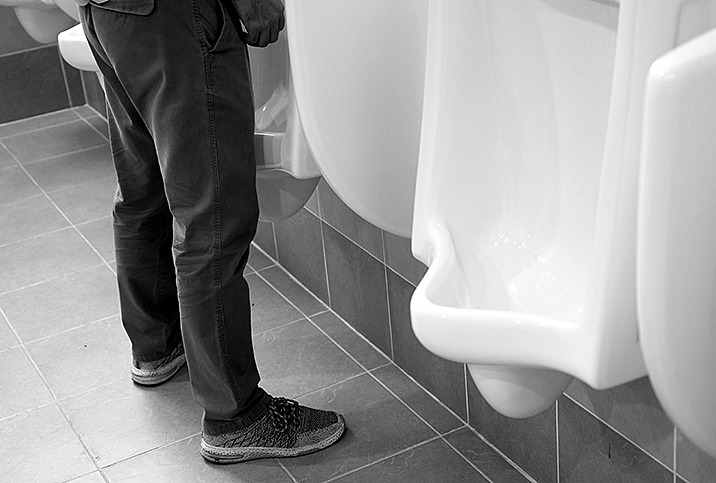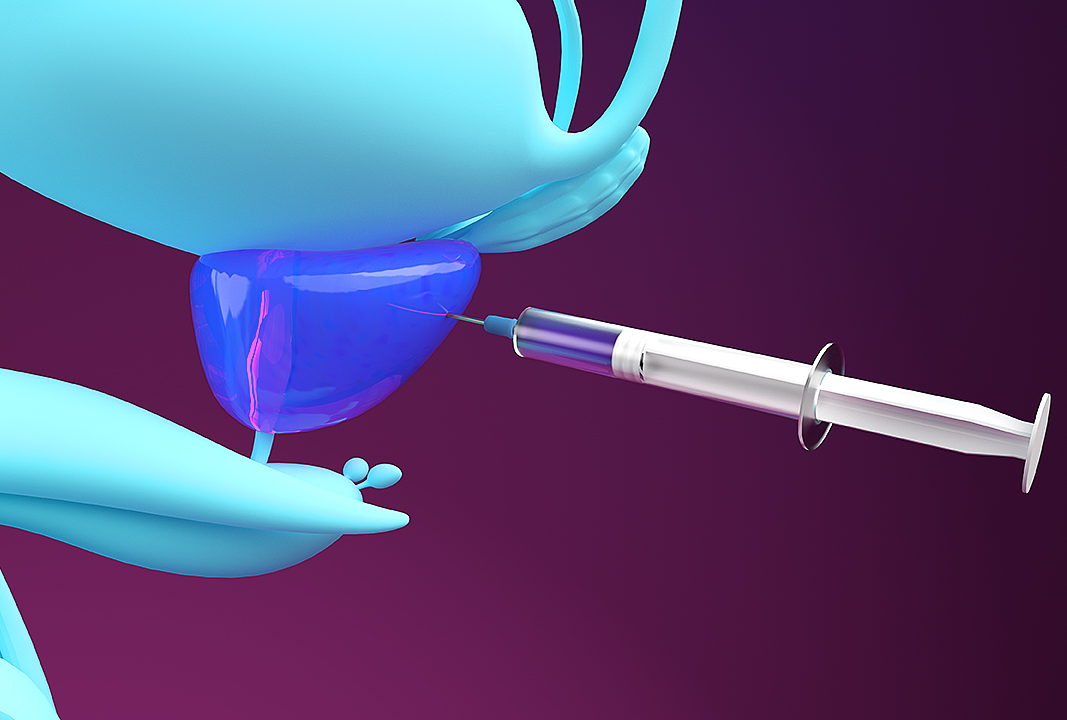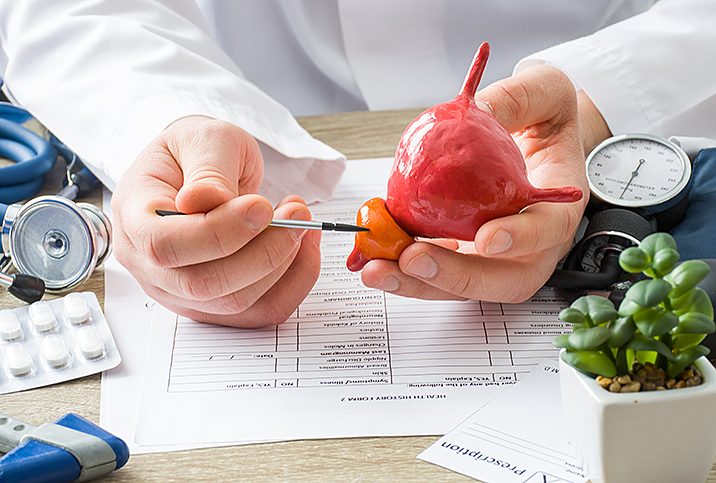How Does Having an Enlarged Prostate Affect Sex?

Having an enlarged prostate, a condition known as benign prostatic hyperplasia (BPH), can have an impact on your sex life. Some men with an enlarged prostate may have trouble ejaculating or develop erectile dysfunction (ED). While an enlarged prostate and ED are separate conditions, they both are associated with aging and are somewhat linked. Some treatments for an enlarged prostate may cause ED and other sexual side effects while on the flip side, treating ED can improve symptoms of an enlarged prostate.
Enlarged prostate, which occurs when prostate tissue increases in size, affects about half of men between 51 and 60 years old. When the prostate tissue grows in size, it moves inward and presses on the urethra, the tube through which semen and urine flow. Signs that you may be developing an enlarged prostate include difficulty urinating, having sudden urges to urinate, not being able to have a full stream of urine or feeling as if urine is trapped, causing you to strain to get it out. However, 50 to 60 percent of men with an enlarged prostate will never develop symptoms.
What causes an enlarged prostate?
The causes of BPH are not well-known, though studies indicate that changes in testicular cells and sex hormone levels may play a role. The chances of having an enlarged prostate increase with age, too, with about half of men 75 years or older experience symptoms. If you have a family history of prostate issues, you may have an increased risk of having an enlarged prostate.
How to treat an enlarged prostate
Treatment options are available that could reduce the symptoms associated with an enlarged prostate. Treatment may include medications, surgery and lifestyle changes. Prescription drugs used to treat an enlarged prostate include doxazosin (brand name Cardura), dutasteride (Avodart) and dutasteride-tamsulosin (Jalyn). Unfortunately, some of these medications may have sexual side effects. Dutasteride and other 5-alpha reductase inhibitors could lower your sex drive or interfere with erections. Alpha blockers, such as tamsulosin, could lead to trouble ejaculating.
You may also want to consider surgical options:
- Transurethral resection of the prostate (TURP) is a procedure where prostate tissue is removed. Men who have this surgery often experience sexual side effects, including a 10 to 15 percent probability of developing retrograde ejaculation. This condition, while not harmful, may impair male fertility as semen released during orgasm enters the bladder instead of coming out of the penis.
- Transurethral incision of the prostate (TUIP) involves the surgical widening of the urethra and sometimes results in ED.
- Prostatic urethral lift (PUL) uses tiny implants to lift enlarged prostate tissue away from the urethra.
Also keep in mind that lifestyle changes may reduce symptoms:
- Drink less alcohol and carbonated sodas.
- Avoid drinking alcohol before bed.
- Maintain a healthy weight.
- Eat a heart-healthy diet (some risk factors for enlarged prostate are the same as those for heart disease).
- Avoid processed foods and eat more natural foods. Fish is generally anti-inflammatory and high in omega-3 fatty acids. Vegetables such as broccoli, cauliflower and kale are good for prostate health.
- Check whether prescription or over-the-counter drugs are contributing to symptoms.
If you're suffering from symptoms associated with BPH, talk to your doctor, who can make adjustments to your medications and may also refer you to a urologist. The urologist can help you decide which treatment option is best for your situation.
Treatments for an enlarged prostate are constantly being improved. There are more medications now than ever, so if one doesn’t work for you, another can be prescribed. Surgical procedures are also constantly improving, which means fewer sexual side effects than before. An enlarged prostate does not need to be an obstacle to a satisfying sex life.

















